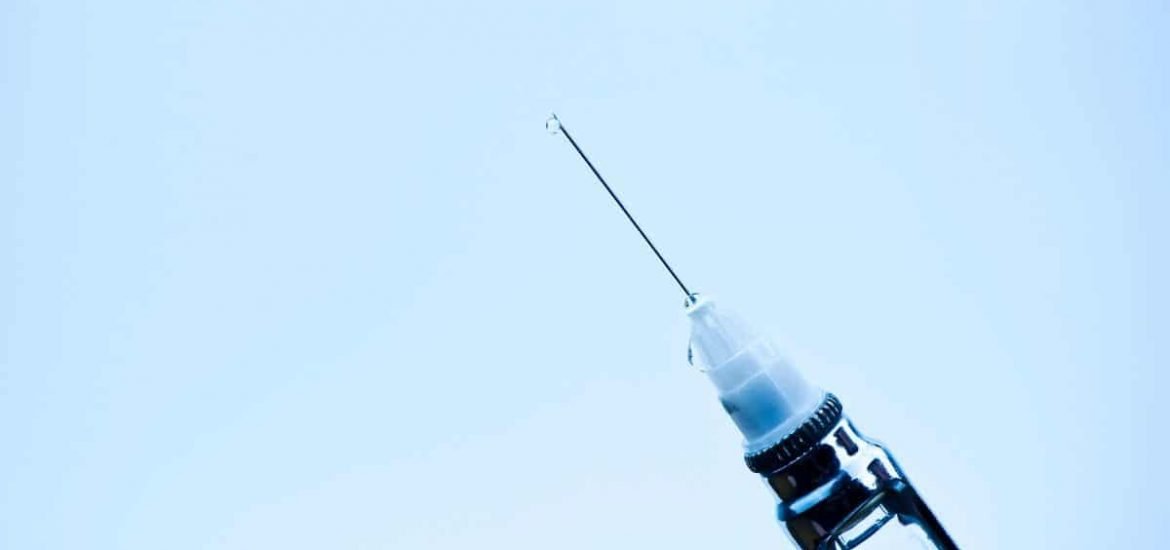
The world has finally reached a turning point in the fight against Ebola, experts say. The news came this week that two new drugs boosted survival rates of those recently infected to between 89 and 94 per cent — the Ebola virus usually kills around 50 per cent of those infected. The experimental vaccine is now believed to be effective since the results of the Ebola drug trial suggest the treatment is helping people survive.
Ebola, also known as Ebola hemorrhagic fever, is a rare but deadly disease. Previous outbreaks in West Africa between 2014 and 2016 killed more than 11,300 people and the current outbreak has already claimed the souls of 1,800 people have died of the almost 2,800 people who have been diagnosed. In July, the outbreak was finally declared a public health emergency “of international concern” by the World Health Organization.
The drug trial was carried out amid the ongoing conflict in the Democratic Republic of the Congo (DRC), which is perhaps, one of the most notable aspects of the trial. Indeed, the conflict has been a major challenge in performing the recent drug trial in the poor war-torn region. Moreover, local people in the region are distrustful of the government and of outsiders, and therefore, are not always amenable to the response effort. And securing much-needed funding for R&D — which can cost billions — remains a difficult task.
However, large-scale epidemics can provide the ammunition needed to take extreme measures like administering experimental drugs — as in this case — that have not yet undergone rigorous clinical trials. The drug trial hurriedly began in November 2018 in response to the outbreak and in an attempt to quickly quash the epidemic. This is partly what makes trials like this so unique since drug development can often take over a decade to finally reach patients. And many get lost in the so-called “valley of death” long before that. Especially without incentives, like profit.
Local and international bodies involved in the trial administered four drugs to 700 patients free of charge on the grounds of “compassionate use” – and out of four different drugs, two showed promise, REGN-EB3 and mAb114. The trial was enabled by collaborative funding from many countries as well as humanitarian organizations. But the question still remains of who will continue to pay moving forward?
Nevertheless, the Ebola dug success could create a shift in the way the world responds to infectious disease outbreaks in the future — although certain factors have helped in the case of Ebola such as the high profile of the disease worldwide and the huge incentive to find a cure. And it’s also important to note that while the drugs have been successful in some cases, they will not completely stop Ebola in its tracks.
“I think the news today is fantastic. It gives us a tool in our toolbox against Ebola. But it doesn’t in itself stop Ebola,” World Health Organization’s health emergencies program Dr Mike Ryan told reporters this week.
“What will stop Ebola is … good surveillance, good infection prevention and control, good community engagement, excellent vaccination and the use of these therapeutics in the most effective way possible, in safe and humane Ebola treatment units. It’s not one answer. It’s many things.”